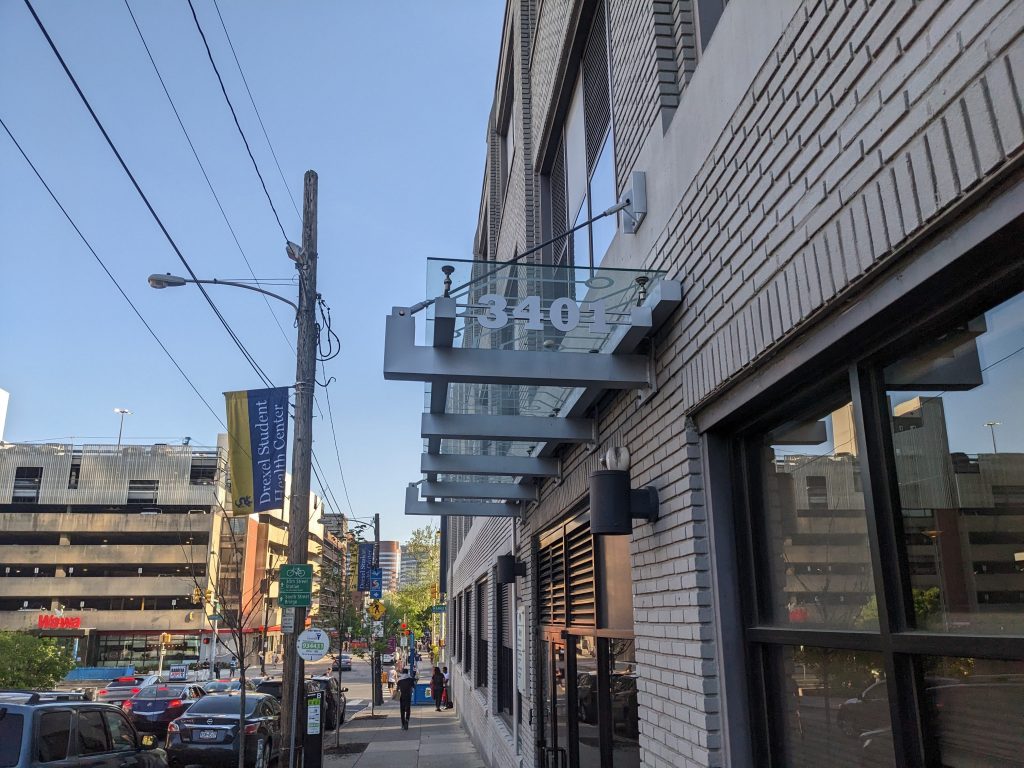
On Tuesday, April 11, Drexel University released a statement outlining new changes to its vaccination policy, announcing that it will now no longer require all students, faculty and staff members to be vaccinated against COVID-19.
This decision follows the closure of the Race Hall COVID testing site on March 24, relegating COVID testing solely to the Drexel Student Health Center on Market St. The change also reflects a shift in policy by The Philadelphia Department of Public Health, which lifted its own mandate on COVID vaccination for all institutions of higher education in the city in March.
Drexel first instituted its mandate in July of 2021, making it one of the first universities in Philadelphia to require vaccination for all members of its campus community, with its decision even pre-dating the official mandate from the City of Philadelphia. In Drexel’s announcement of their shift to a vaccination-optional policy, the administration makes clear that the university still strongly recommends that all students, faculty and staff get vaccinated and remain up to date on any recommended boosters, including the more recent bivalent boosters.
With such a strong push that community members continue getting vaccinated, why change the policy at all?
Dr. Marla J. Gold, Chief Wellness Officer and Senior Vice Provost for Community Health acknowledges this seeming contradiction, but expresses that the situation has drastically changed since the early days of the pandemic.
“For starters, the data was just coming in. We were sort of in the alpha-delta era…the first and the second delta variants caused pretty significant illness, even in young people,” said Gold.
She went on to explain that early variants targeted different sections of the airways, making people sicker. At the time, data was lacking, but health officials at Drexel and around the city kept faith in the COVID vaccine’s ability to mitigate sickness and help save lives. And Gold believes that is precisely what it did.
“Our mandate before was because there was so much more disease…there were still a lot of students who were getting sick, who were going into isolation, and who were ill. It’s a very different disease now…we’re dealing with a different virus, at least for now,” she says.
In the eyes of Drexel’s health experts, the need to uphold the vaccination mandate lessened as they received data showing that the campus community was continuing to rebound from the high COVID infection rate experienced in the early days of the pandemic.
“We now have what I refer to as a nuanced wall of immunity. What I mean by that is, the vast majority of our campus population has at least had the basic vaccine. The vast majority of employees are up to date and have been boosted…the vast majority of our student population have been boosted at least once… a lot of young people have had COVID,” Gold continued.
With the presence of this “nuanced wall of immunity” and the city’s recent decision to lift its vaccination mandate, Gold and other health officials at Drexel believe now is the right time to alter the University’s guidelines, placing medical advising in the hands of personal physicians.
“I believe as a physician, as a public health expert, absolutely everyone should be up to date,” said Gold. “But there isn’t enough evidence to have a business mandate for its employees.”
Drexel administration says they will continue to carefully monitor the data regarding COVID-19 and take action if they need to reinstate the vaccination mandate again in the future.


